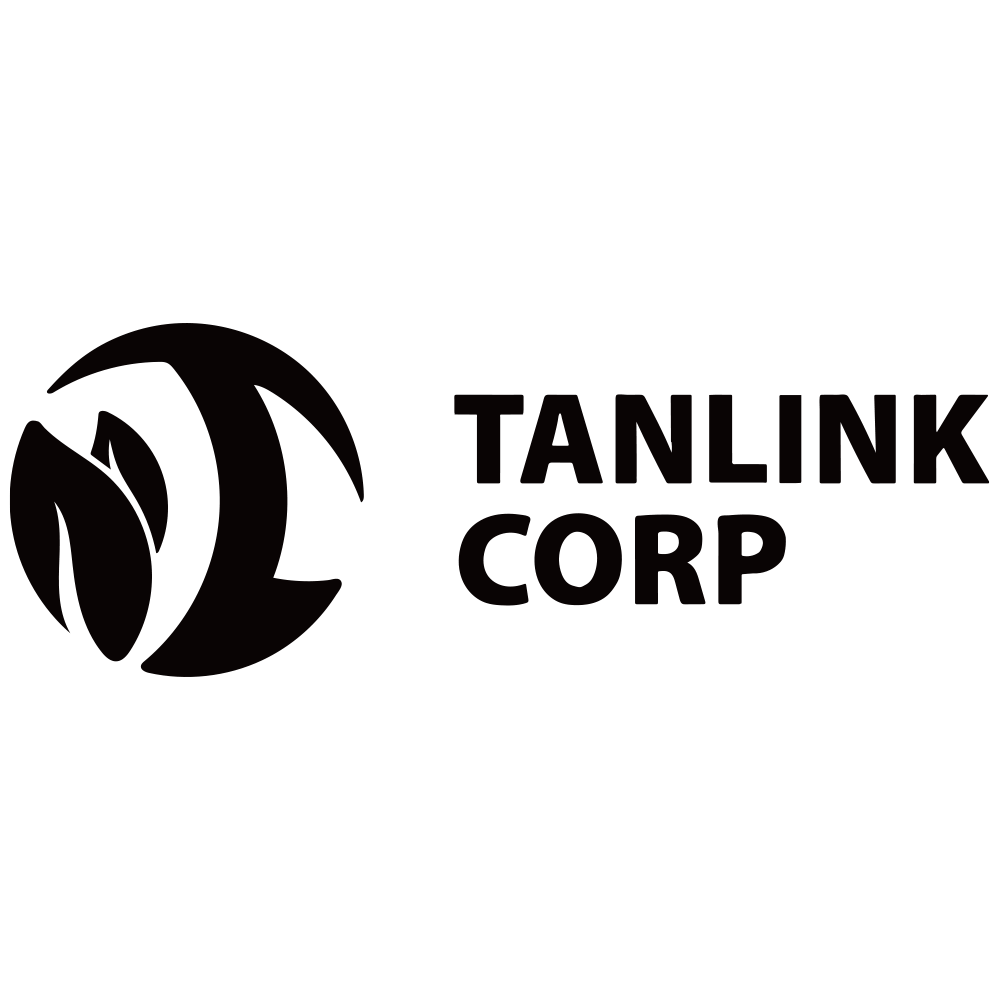A BPO call center is a third-party customer service provider that handles incoming and outgoing customer calls on behalf of a client company. It has become the go-to option for many businesses and organizations.
According to the report from Grand View Research, the global call and contact center BPO market size was valued at $97.31 billion in 2024 and is projected to reach 163.86 billion by 2030, growing at a CAGR of 9.8%.
Running a call or contact center is expensive, which forces many companies to consider BPO to reduce costs and expand business. Are you still confused about the BPO meaning in call centers? Let’s dive into this together with Solvea.
What Is a BPO Call Center
Business Process Outsourcing (BPO) is a new method of outsourcing some aspects of your company’s operations, like call centers, to other third-party service providers. In essence, a company delegates non-core business operations to specified companies to cut costs, improve efficiency, and more.
A BPO call center is a kind of third-party customer service provider that handles inbound and outbound calls for other businesses. It is an ideal choice for some small businesses or startups that don’t have enough staff, technology, or skills to meet customer service needs from an in-house call center.
With a BPO call center, companies can focus on what they do best while delivering efficient customer support. It works as a professional assistant, fully committed to offering the same quality of customer service as your own employees.
BPO call center agents are well-trained to handle all kinds of customer inquiries from simple product features to complex technical problems. Besides, they offer support across multiple communication channels, including phone calls, live chat, email, and social media.
Types of BPO Call Centers
What kind of call centers can a company outsource? Based on the way they handle calls, BPO call centers can be divided into two types: inbound and outbound. Let’s have a detailed look at how they help you handle customer service issues.
Type 1. Inbound BPO Call Centers
An inbound BPO call center primarily handles incoming customer calls and messages. It specializes in offering customer support, technical assistance, or other communication services. Here are some examples of incoming BPO call centers that can help handle:
- Answer frequently asked questions: This type of repetitive task is often outsourced to an inbound BPO call center to reduce labor costs, especially for businesses that receive a high number of customer support inquiries.
- Process orders: For some customers who still prefer to place orders over the phone, an inbound BPO call center can handle the entire process, from order placement to delivery. This gives your team more time to focus on core business activities, such as product development and sales.
- Dispatch agents: With this solution, some businesses don’t have to hire full-time dispatch agents to handle incoming calls from customers. Outsourcing the dispatch call center services as needed can help reduce operational costs.
Type 2. Outbound BPO Call Centers
On the contrary, an outbound BPO call center is to make the calls. Outsourcing outbound call centers mainly handles tedious and time-consuming customer issues with existing support teams and resources. For example:
- Reach out to leads: An outbound call center solution primarily focuses on making deals over the phone to increase revenue. By outsourcing telephone sales to a BPO call center with CRM systems, companies can enjoy the benefits of the tool without expanding their existing technology.
- Telemarketing: It offers telemarketing for businesses to find potential customers. However, if your team lacks experienced call salespeople, outbound call centers can help you achieve the goal with professionally trained skills and quick response.
- Marketing research: The data from call marketing research can give you much valuable information, like customer satisfaction and customer pain points. It is easy for an outbound BPO call center to do the marketing research by following a set script.
Pros of BPO Call Centers
BPO call center services can completely change your business work model. It provides easier and more flexible operations for a company. Below are the main advantages of outsourcing call center services to a BPO provider.
Reduce Costs
One of the biggest benefits of outsourcing call center service is that it helps businesses reduce operational costs. With their large-scale operations, BPO call center companies can offer skilled agents and advanced technologies to lower the costs that a business incurs with an in-house team.
Increase Scalability and Flexibility
Contact center business process outsourcing makes your business more flexible to respond to market changes by providing scalable solutions. This flexibility and scalability maintain the efficiency and productivity of your customer service team.
Besides, some BPO call centers provide integrations with other solutions to improve customer experience, such as Computer Telephony Integration (CTI), Interactive Voice Response (IVR), Contact Center as a Service (CCaaS), etc.
Offer 24/7 customer support
With 24/7 customer support, companies don’t have to spend much time and money on keeping an in-house team working night shifts. The BPO contact center ensures that your customers get consistent and high-quality services whenever and wherever they need assistance.
Focus on Core Business Areas
An excellent BPO call center can make your team free up from repetitive tasks, focusing on the main business objectives and areas. It not only makes your business operation more efficient but also helps your team grow and stay competitive in a fast-changing market.
Global Market Share
Many BPO call center companies provide multiple language support and communication channels, including phone, email, chat, and social media. This helps you expand market share and attract global customers with a consistent brand experience.
Cons of BPO Call Centers
There are also some challenges you may need to face when using a BPO call center. So, it’s important to do thorough research before picking a BPO provider.
Loss of Quality and Brand Control
When outsourcing the call center to a third-party provider, it means that you give up some aspects of control over quality assurance. Since the outsourced agents are not directed by your in-house team, there will be a risk of losing brand voice or values unless these agents receive strict and professional training.
Data Security and Compliance Risks
Customer data security and compliance are the top priorities for most successful customer support teams. However, outsourcing a call center means that all customer information is shared with third-party companies. In addition, local rules can make it hard to regulate, causing compliance issues.
Hidden Costs
While BPO contact centers are regarded as cost-effective, they also have some hidden fees for integrations, training, customization, or premium services over time. What’s worse, unreliable BPO call centers can offer a bad customer experience, leading to loss of customers and income.
When Is It Time to Build a BPO Call Center
The time to outsource customer service support to a third-party company depends on multiple factors, such as your industry, call center metrics (e.g., average handle time or response rates), and other unique standards.
Crucially, it is necessary to analyze your key performance indicators (KPIs). For example, identify how well your in-house customer service team handles the current number of calls, and compare its efficiency with the standard adopted by other companies in your industry.
If you find the gap between your call center and the competitors, it might be time to outsource the operation. Additionally, if your current team is struggling to deliver high-quality customer service, an inbound or outbound BPO call center may enhance customer experience.
How to Implement a BPO Call Center
Selecting an appropriate BPO provider is important whenever opting to outsource any part of your customer service operations. To ensure the successful implementation of your BPO call center, you can follow the 5 best practices below.
1. Determine Your Needs and Goals
First of all, you need to figure out what you need now and evaluate what you’ll need. To be specific, you should consider the call volume, the number of customer interactions, the complexity of customer inquiries, the channel support you want to get (phone, email, chat, or social media), your industry requirements, future business development, etc.
2. Set Clear Service Metrics
Another important thing is to set clear metrics and service level agreements (SLAs) when choosing a BPO call center. This makes sure the solution has a positive impact on customer experience.
These metrics should include average handling time (AHT), first call resolution (FCR), and customer satisfaction (CSAT). To measure them, you can use a customer experience benchmark tool.
3. Estimate Your Budget
The costs of outsourcing customer service to a call center vary a lot depending on several factors, like service level, the technology used, and the provider’s location. Before making a decision, make sure to consider your upfront costs and ongoing expenses, including possible upgrades, customized service, and your evolving needs.
4. Quality Assurance Plan
Creating a quality assurance plan ensures that the BPO call center companies provide consistent customer service. To achieve that, you can monitor all agent interactions and find any poor conversations using quality management tools.
5. Pick Your BPO Call Center Provider
Now, it’s time to choose a BPO call center provider that matches your needs. You can list all potential BPO providers, consider your objectives, fit within your budget, and investigate reviews from authoritative websites, like Trustpilot. Besides, don’t forget to check if the BOP software can easily integrate with your existing business processes and systems.
In Conclusion
What is BPO in call center, and how to implement it in your business? Now, I believe that you know the answers. This blog post dives into the BPO call center from all aspects, including definition, types, pros, cons, and best practices. If you like this, don’t hesitate to share it with your partners.
BPO Call Center FAQ
1.What are the top BPO call center companies in 2025
There are several top BPO call center companies in 2025. After analyzing extensive reviews and references, we summarized the following global competitive BPO companies in the call center.
- TELUS International
- Concentrix
- Teleperformance
- Capita
- Global Response
- TeleDirect
- LiveOps
2.How does a BPO call center work?
BPO call center software works by handling customer interactions via phones, emails, chats, and social media on behalf of other companies. This makes the companies specialize in their core operation while keeping customer service quality,
3.What is the BPO customer service?
BPO customer service is a kind of third-party provider that manages customer interactions on behalf of client companies. They specialize in resolving customer issues, handling client inquiries, and ensuring seamless customer experience.
4.What is BPO in simple meaning?
To put it simply, Business Process Outsourcing (BPO) means that a company hires a third-party company to handle some non-core routine or specialized business tasks, such as customer service or payroll management.
5.What are the differences between BPO call centers and traditional call centers?
The main difference between BPO call centers and traditional call centers is the scope of service and the way they operate. BPO call centers operate as an external provider with specialized customer service skills, while a traditional call center provides internal customer service, requiring investment in agent training, staffing, and infrastructure.
6.Is it hard to implement a BPO call center?
Building a BPO call center is relatively simple and straightforward. In most cases, you just need to look for a BPO provider that meets your specific needs. Sometimes, the process may be difficult if you need to control budgets or match current systems.












